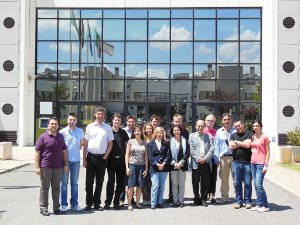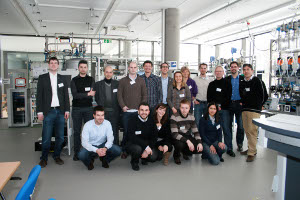Application developers face increasing difficulties due to wide
variations in device capabilities, in the details of the standards
they support, the need to support assistive technologies for
accessibility, the demand for richer user interfaces, the suites
of programming languages and libraries, and the need to contain
costs and meet challenging schedules during the development and
maintenance of applications.
Model-based design of user interfaces focuses on separating out
different levels of design concerns, allowing designers to focus on
what they do best without becoming bogged down due to the complexity
of particular delivery contexts. This is especially important given
the demands to provide services on an ever increasing range of
devices, including support for assistive technology for users with
disabilities.
The MBUI Working Group's initial focus is on task models, and
UI components and integrity constraints at a level of abstraction
independent of the choice of device. Future work is anticipated on
taking this to the next level — the concrete UI which involves
design choices specific to broad classes of devices. Models at
this level can be compiled down for specific delivery channels,
guided by author supplied preferences (UI skins). Further out, we
hope to address standards for interoperable exchange of rules for
dynamic adaptation to the context.
Model-Based UI standards are particularly relevant to creating
the user interfaces (service front-ends) for cloud provisioned
services, especially custom enterprise services. If your business
is a large manufacturing company, or you develop software service
solutions for enterprises, we would very much like to hear from
you!


